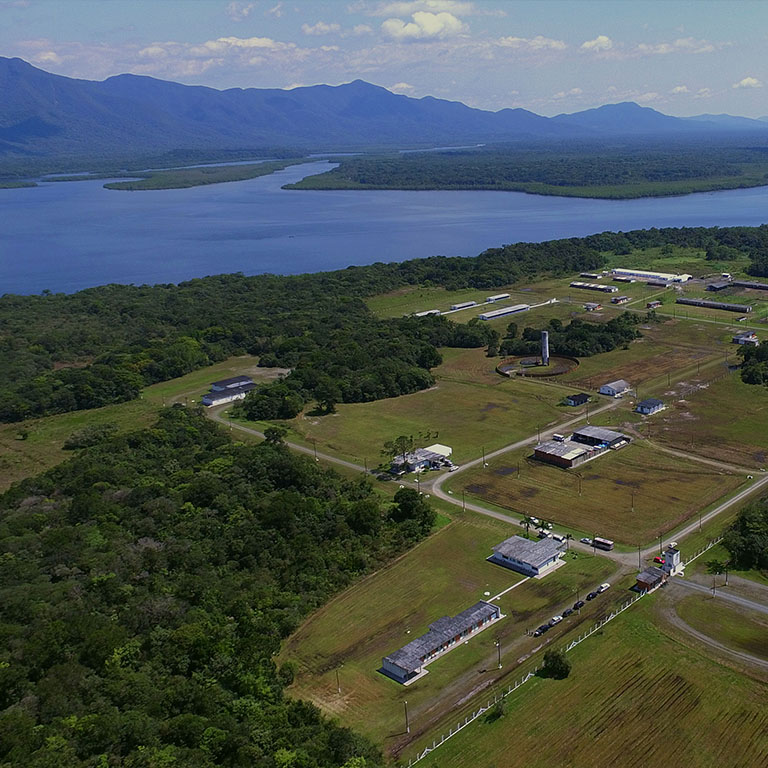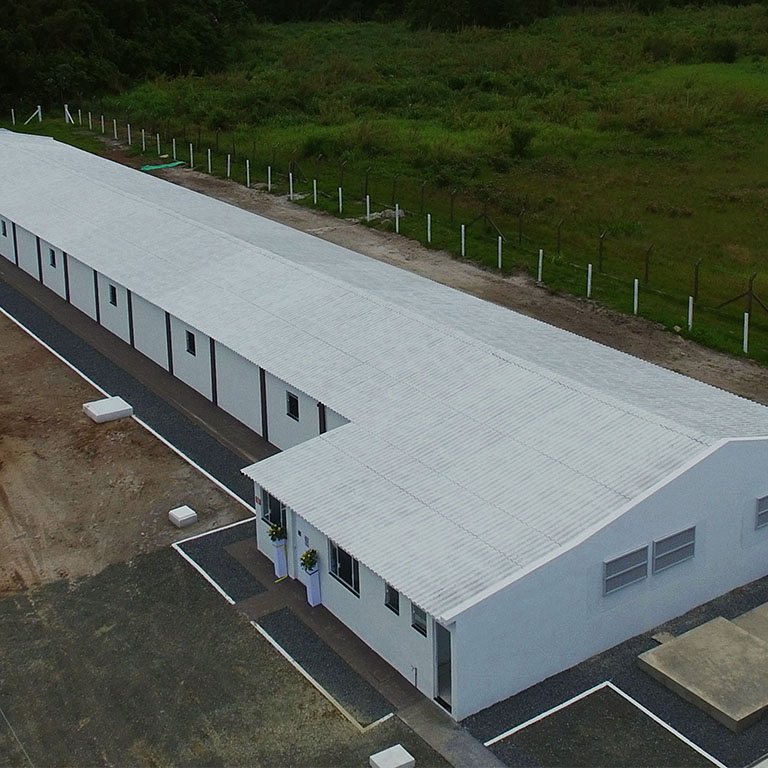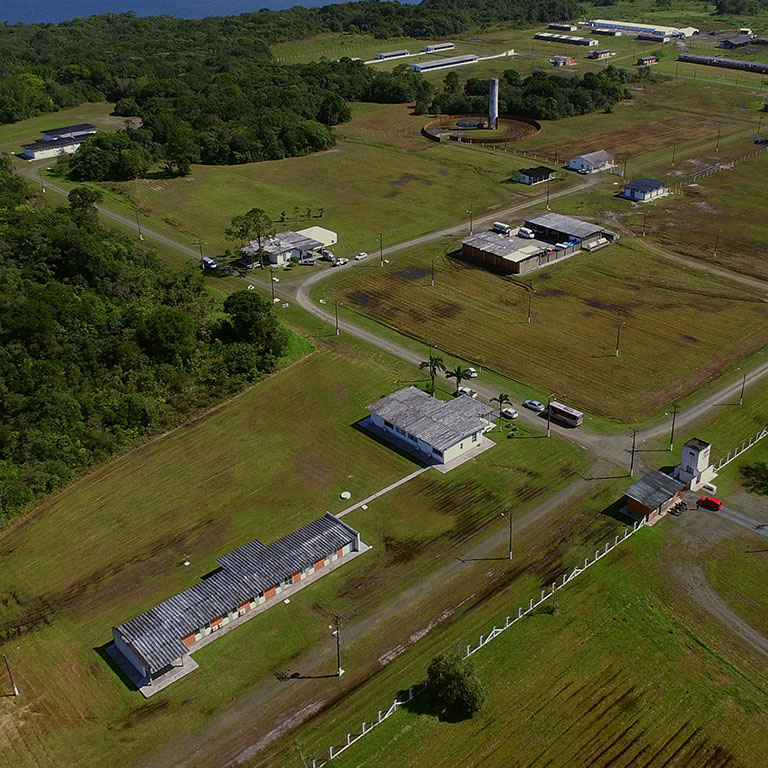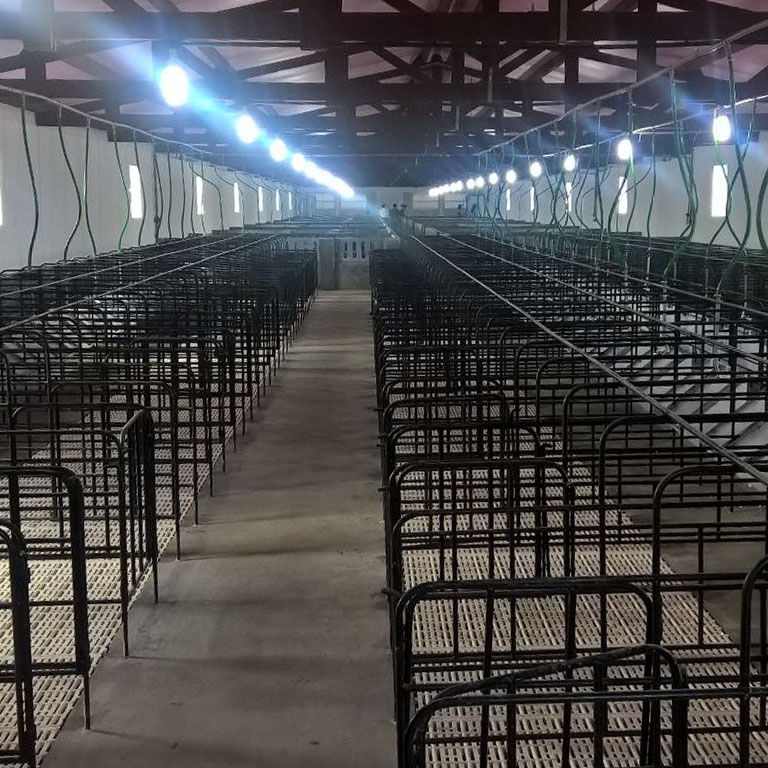The Power of Brazilian Sanity Programs
What precisely embodies the essence of the Cananéia Quarantine Station (EQC)?
Situated on an island off the coast of the state of São Paulo, it stands as one of the world’s most advanced and secure quarantine units. It serves as the gateway for all imported animals intended for genetic reproduction, subjecting them to thorough monitoring and testing for major diseases. The Cananéia Quarantine Station is dedicated to conducting quarantines for imported animals.
In essence, the mission of EQC is the protection and preservation of the Brazilian livestock heritage. Since 2014, the Station has been the sole authorized facility in Brazil for receiving animals imported by Brazilian swine genetics companies.
How is the governance of the Cananéia Quarantine Station (EQC) structured and orchestrated?
Through a public-private partnership. In 2016, the Technical Cooperation Agreement (TCA) was established, with signatories including the Brazilian Association of Swine Genetic Companies (ABEGS), responsible for financial contributions, the Brazilian Association of Swine Breeders (ABCS), overseeing genetic and genealogical assessments of animals, and representing the federal government, the Ministry of Agriculture, Livestock, and Supply (MAPA)
What is the importance of the Technical Cooperation Agreement?
This is the kind of Agreement that brings security to the Brazilian swine sector and its primary consumer markets. It involves the collaboration of the two largest representative organizations of producers and genetic companies, working in conjunction with the federal government to monitor the animals entering the country. These animals are the source of the genetic lineages used both domestically and for exports.
For the involved companies, the Agreement provides legal certainty for their investment in the EQC structure. It reinforces that the Station will be the sole entry point for animals in the country, thereby reducing the risks of introducing diseases currently absent in the country, such as African Swine Fever (ASF), Swine Reproductive and Respiratory Syndrome (PRRS), Porcine Epidemic Diarrhea (PED), among others.
What benefits are generated by the public-private partnership?
The Agreement has brought several benefits to EQC, including modernization, expansion, and the construction of new facilities. With the ratification of the ACT, new quarantine sheds were built, adhering to the highest global standards of thermal comfort and sanitary protection for pigs. This has increased the capacity for importing elite swine to up to 24 introductions per year. The old facilities underwent modernization, and improvements were implemented in various sectors of the Station.
Cananéia has been strategically developed to serve as a key hub in Brazil for hosting courses and training sessions on animal health defense, catering to the interests of MAPA, State Departments of Agriculture, Universities, and more. With adherence to the highest biosafety standards, the new infrastructure not only elevates safety and control in swine importation for Brazil but also amplifies efforts to enhance the genetic advancement of the national herd.





